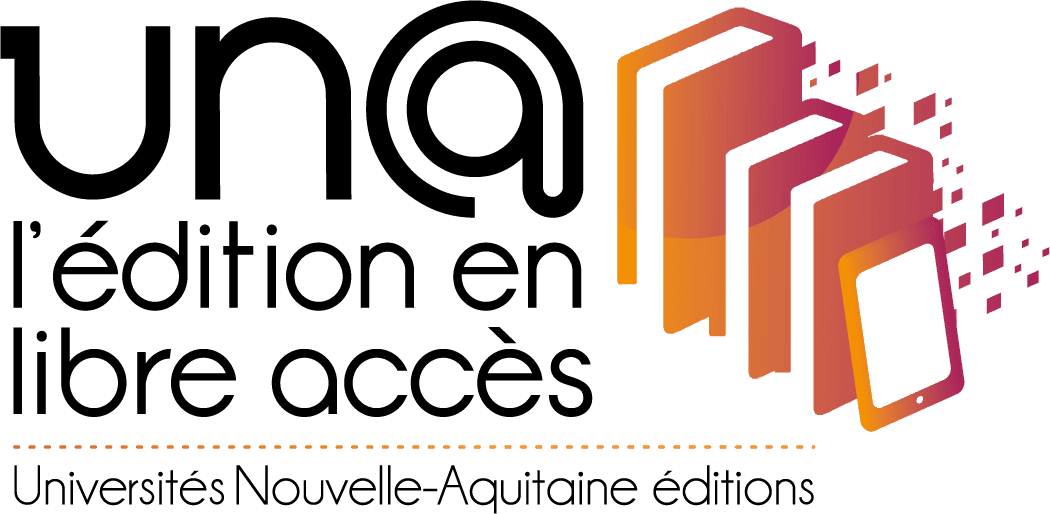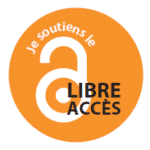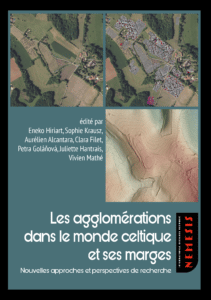UN@ est une plateforme d'édition de livres numériques pour les presses universitaires de Nouvelle-Aquitaine
Auteur : Juan Pedro Bellón Ruiz
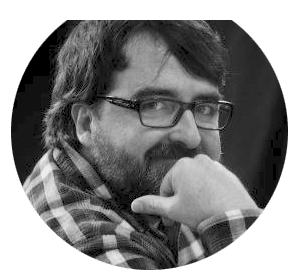
Instituto de Arqueología Ibérica
University of Jaén
Campus Las Lagunillas, s/n
E-23008 Jaén
jbellon@ujaen.es
0000-0002-2192-8874
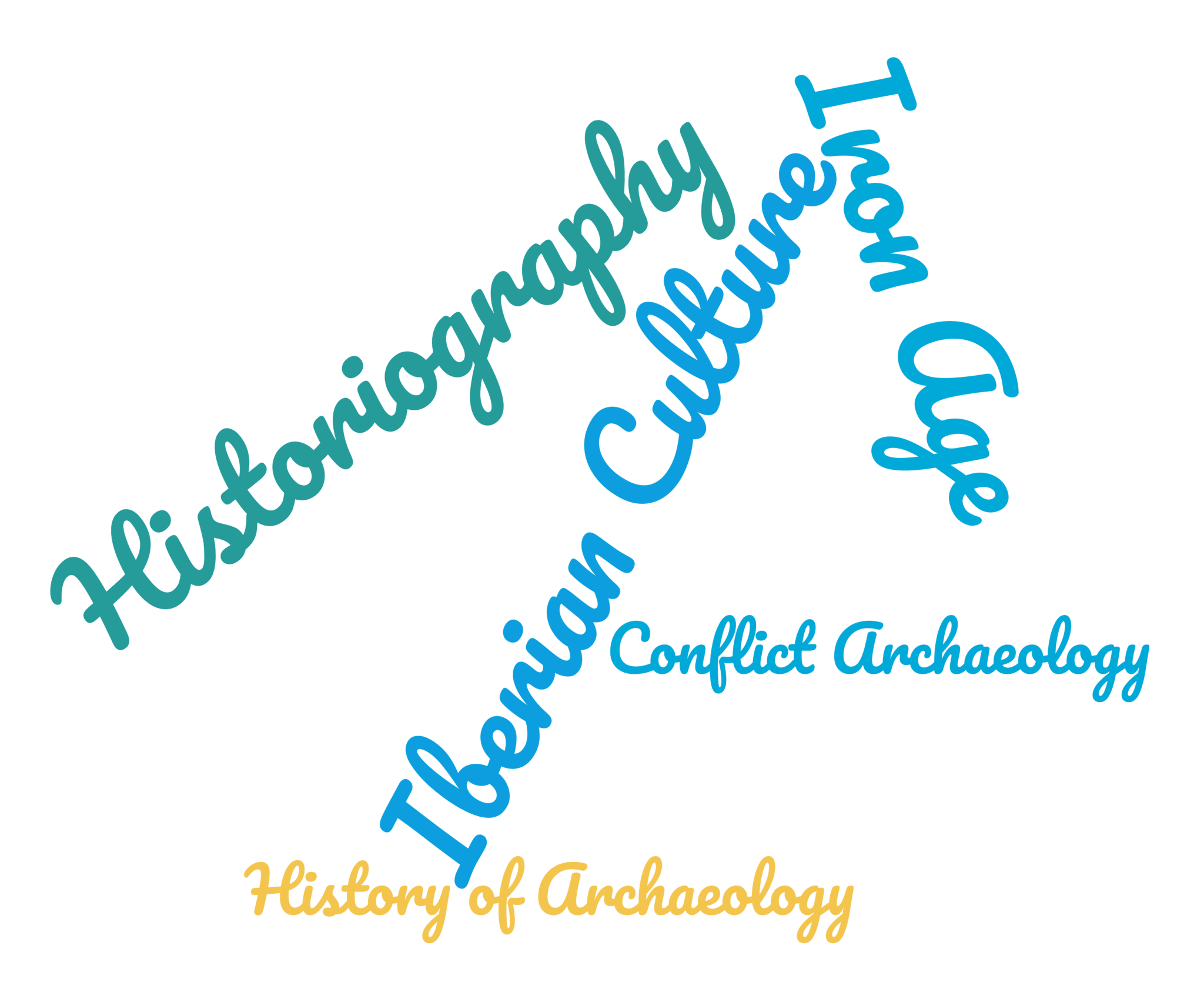
University of Jaén
Campus Las Lagunillas, s/n
E-23008 Jaén
jbellon@ujaen.es
0000-0002-2192-8874

Juan Pedro Bellón Ruiz is currently directing several research projects on the archaeological analysis of war scenarios of the Second Punic War in Spain (Baecula, Santo Tomé, Jaén; Iliturgi: conflict, cult and territory) and Italy (Metauro, Numistro, Muro Lucano, Basilicata).
In relation to the line of research on the History of Archeology, he has been a member of the European Project AREA (Archives of European Archeology) between 1999 and 2008. He has been a member of an R&D Project focused on the analysis of interventions Spanish on the Island of Delos (Greece) between 1934 and 1936 and coordinated an agreement focused on the digitization of the correspondence of the Archive of the Gómez-Moreno Institute of the Rodríguez-Acosta Foundation in Granada. His affiliation to the University is based on a Research Contract for the ‘Ramón y Cajal’ Program; he is currently Professor of Archeology and Deputy Director of the Institute of Iberian Archeology at the University of Jaén.
Bibliography
- Juan Pedro Bellón Ruiz; Miguel Ángel Lechuga Chica; María Isabel Moreno Padilla; Mario Gutiérrez Rodríguez (2021). “Ianus Augustus: Caput Viae (Mengíbar, Jaén). An interprovincial monumental border in Roman Hispania”. Journal of Roman Archaeology. 34 (1): 3 – 29. doi: http://dx.doi.org/10.1017/S1047759421000283
- Juan Pedro Bellón Ruiz; Carmen Rueda Galán; Miguel Ángel Lechuga Chica; Arturo Ruiz Rodríguez; Manuel Molinos Molinos (2017): “Archaeological methodology applied to the analysis of battlefields and military camps of the Second Punic War: Baecula”. Quaternary International. 435: 81 – 97. http://dx.doi.org/10.1016/j.quaint.2016.01.021.
- Juan Pedro Bellón Ruiz; Miguel Ángel Lechuga Chica; Carmen Rueda Galán; María Isabel Moreno Padilla; Fernando Quesada Sanz; Manuel Molinos Molinos; Arturo Ruiz Rodríguez; María Paz García-Bellido; Irene Ortiz Nieto-Márquez; Javier Vallés Iriso (2021): “De situ Iliturgi: Análisis arqueológico de su asedio en el contexto de la Segunda Guerra Púnica”. Archivo Español de Arqueología. 94, e15: https://doi.org/10.3989/aespa.094.021.15
- Juan Pedro Bellón Ruiz; Carmen Rueda Galán; Miguel Ángel Lechuga Chica; Mª Isabel Moreno Padilla (2016): “An archaeological analysis of a Second Punic War battlefield: the camps of the Battle of Baecula”. Journal of Roman Archaeology 29: 73-104.
- Arturo Ruiz Rodríguez; Alberto Sánchez Vizcaíno; Juan Pedro Bellón Ruiz (2002): “The history of iberian archaeology: one archaeology for two spains”. Antiquity. 76 – 291: 184 – 190. In: https://doi.org/10.1017/S0003598X00089973
- Juan Pedro Bellón Ruiz; Manuel Molinos Molinos; Carmen Rueda Galán; Miguel Ángel Lechuga Chica; Arturo Ruiz Rodríguez (2018): “Rome versus Carthage: The Second Punic War battlefield of Baecula and the siege of Iliturgi”. In M. Fernández-Gotz and N. Roymans (eds.): Conflict Archaeology: Materialities of Collective Violence in Late Prehistoric and Early Historic Europe, 5: 105 – 114. New York: Taylor & Francis.
- Juan Pedro Bellón Ruiz; Arturo Ruiz Rodríguez; Manuel Molinos Molinos; Carmen Rueda Galán; Francisco Gómez Cabeza (2015): La Segunda Guerra Púnica en la península ibérica. Baecula: arqueología de una batalla. Serie Textos CAAI. 7, Jaén. Universidad de Jaén.
- Juan Pedro Bellón Ruiz; Arturo Ruiz Rodríguez; Francisco Gómez Cabeza; Manuel Molinos Molinos; Carmen Rueda Galán (2014): “Analyse archéologique d’un champ de bataille de la deuxième guerre punique: Baecula”. F. Cadiou y M. Navarro (eds.): La Guerre et ses traces: Conflits et sociétés en Hispanie à `l’époque de la conquête romaine (IIIe-Ier s. a.C.). Mémoires Ausonius. 37, pp. 25 – 53. Burdeos (Francia): Ausonius, 2014.
For more than a decade, the University Research Institute for Iberian Archaeology at the University of Jaén has been developing a line of research focused on the study of conflict scenarios related to the Second Punic War.
